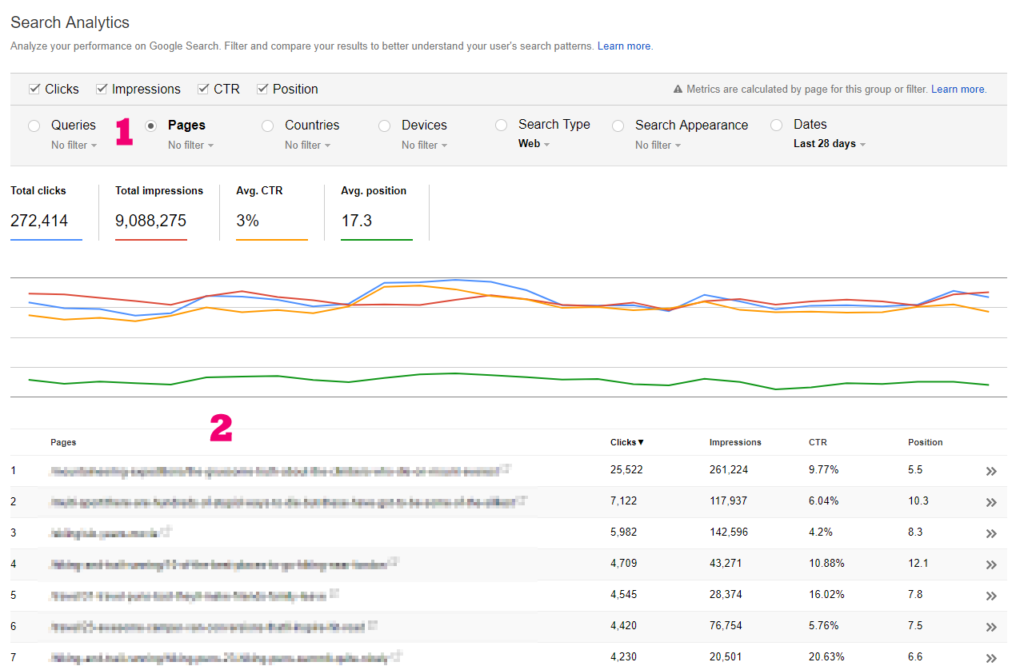

"Ranking" for a keyword means that your site URL shows up - somewhere - in the SERP's (search engine results pages) for the tracked keyword.
Keyword: The first column will contain a list of keywords/keyword phrases that your site is currently ranking for in Google. This makes link building a critical part of your overall SEO strategy. Simply put, sites that are being linked to from other sites that are valuable in themselves ("authority" sites) have a better chance of ranking higher than sites that don't have (or have fewer) links. Search engines derive much of their power from looking to see what sites may be linking to yours. And you don't have to blow your budget - you can add content gradually, increasing the value of your site over time. Don't let Google tag your site as one that presents a "poor user experience" because it lacks useful content. It needs to be content that is relevant, and which provides real value to your site visitors. The only way that search engines can figure out what your site is about is to scan and analyze the content on your site's webpages. 
How do you increase your rankings? This is foundational SEO, and the basic components of an effective SEO strategy have not changed very much over the years: All other things being equal, a placement higher in the search engine query results will result in more people seeing your listing, and consequently your site listing will get more clicks, bringing you more organic (non-paid) traffic to your site. The goal, of course, is to increase those rankings. Once you have generated your keyword ranking report, you will know keywords/keyword phrases that your website is currently ranking for. How to Increase Your Site Keyword Rankings in Google






 0 kommentar(er)
0 kommentar(er)
